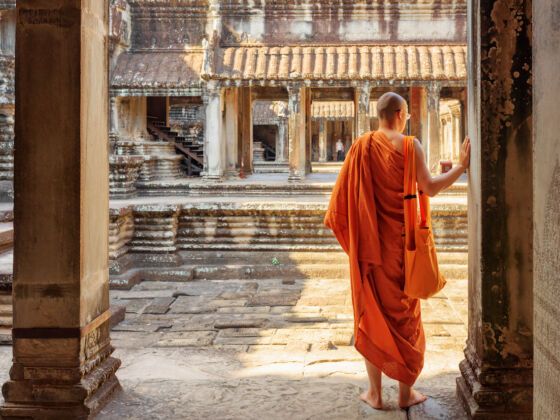Western travelers have a propensity to romanticize the wisdom of the East. We often seek out places like India, China, and the Middle East precisely because their wisdom is older than ours. We visit their sacred places, their shrines and monasteries and wonder at the odd curves in their architecture.
By traveling East, we paradoxically yearn to connect outwardly with the most spiritual of inner truths. Perhaps it’s precisely that paradox which makes the East so compelling for Western travelers.
There is no overarching tradition that categorizes the extent of inner travel better than Eastern philosophy. Nowhere in the West has meditation and concentration been so ancient and connected with the spiritual and profound.
It’s in this tenor that I’ve compiled a shortlist of canonical Eastern thinkers to help inspire the inner wanderlust in all of us.
